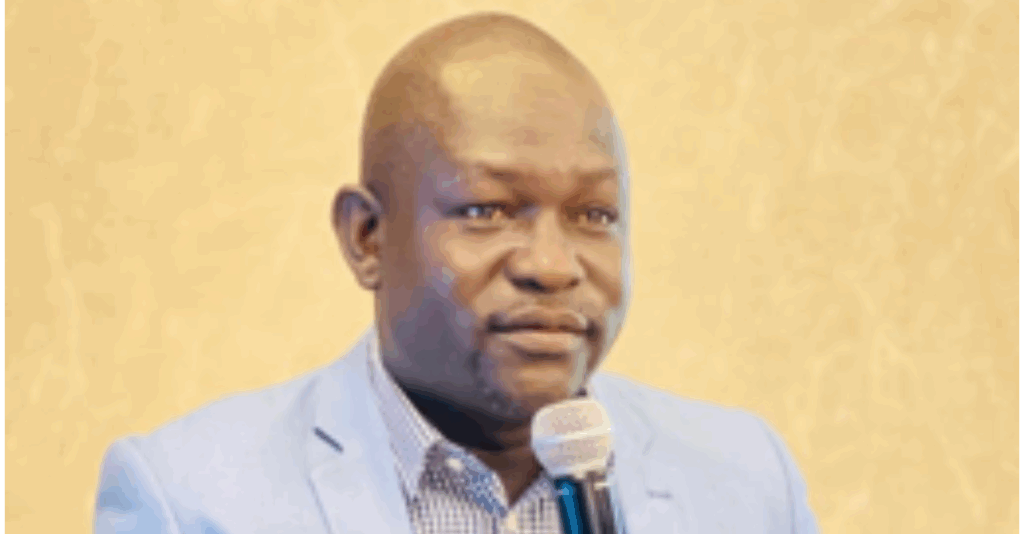A leading human rights organization called on South Sudan’s warring parties to lay down their arms and commit to peaceful dialogue, marking the United Nations International Day of Non-Violence on Thursday.
The South Sudan Human Rights Defenders Network (SSHRDN) issued the appeal in a statement extended to Radio Tamazuj, urging the world’s youngest nation to end years of cyclical conflict and political instability.
“South Sudan must now turn the page and embrace non-violence as a foundation for a more hopeful and inclusive future,” the group said.
The SSHRDN argued that sustainable development is only possible by rejecting violence in favor of dialogue, reconciliation, and upholding human dignity. It stated that armed conflict has “inflicted deep wounds on communities,” making the call for non-violence “more urgent than ever.”
“Violence has brought untold suffering, displacements, and mistrust, shattering the hopes of ordinary South Sudanese, who yearn for peace and stability,” the group’s statement read.
James Bidal, the head of the SSHRDN secretariat, emphasized that violence only leads to destruction.
“Violence breeds only destruction, and cannot deliver peace, justice and dignity,” Bidal said.
The network reaffirmed its commitment to promoting peace and advancing justice, adding that it believes a peaceful society is achievable “through dialogue, public awareness, and genuine political commitment.”
South Sudan, which gained independence in 2011, has been plagued by a civil war and persistent local-level violence that has killed hundreds of thousands and created one of the world’s most severe refugee crises. A fragile peace agreement, signed in 2018, remains only partially implemented.
Dr. Riek Machar, a key principal to the 2018 peace agreement who was suspended as first vice president, is facing charges in a special court established last month in Juba. The case has raised concerns among observers that the country could be pushed back toward widespread conflict.




